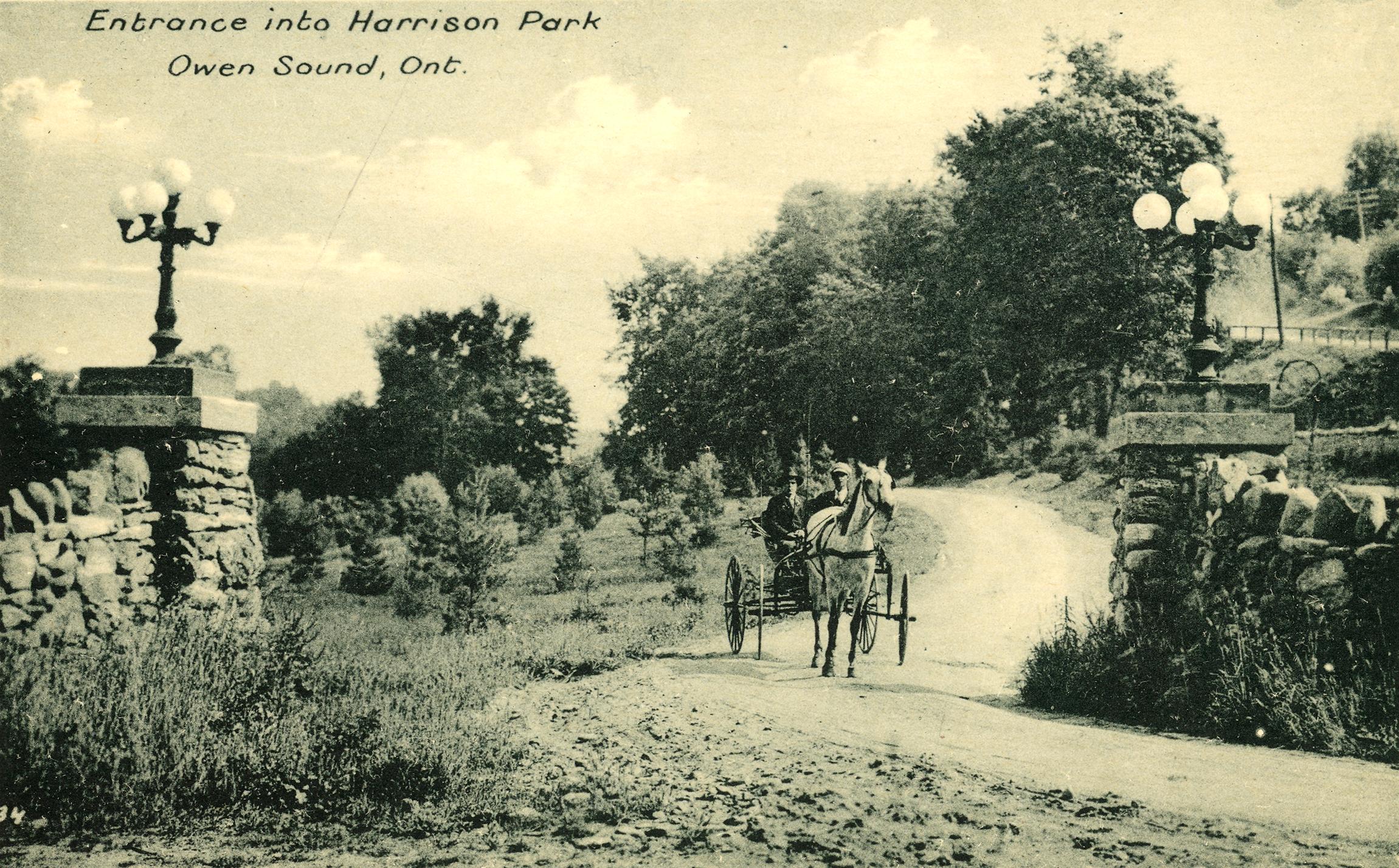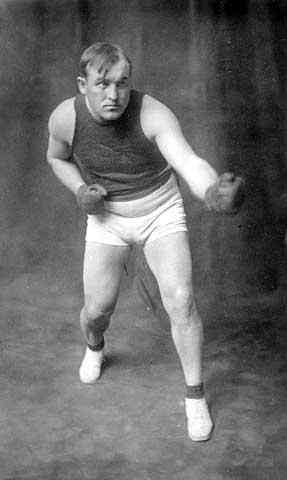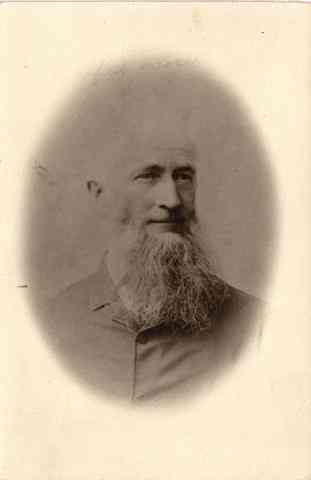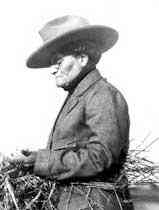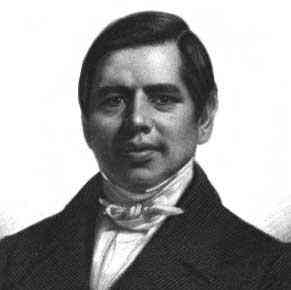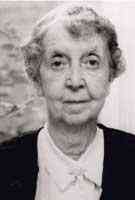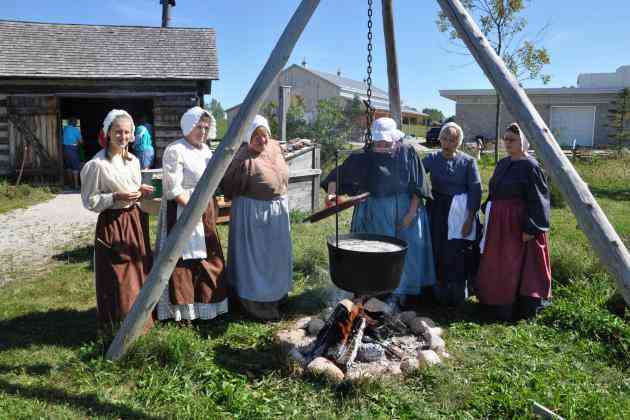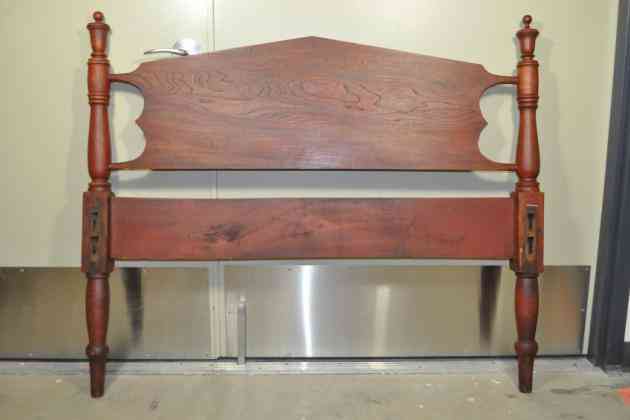Samuel Egerton was born on January 24, 1820 in Longton, Staffordshire, England. He was the first son of a cordwainer (shoemaker) named Thomas Egerton.
Longton is one of the six locations that make up the area of England known as "the potteries." As a result of his geographical location, Samuel became a journeyman potter. In 1845 Samuel left that profession in Longton and married his wife, Sophia French, in Brackley, Northamptonshire. Also in that year he joined the Metropolitan London Police Force where he was sworn in on October 13 as warrant number 22435. Samuel carried out his formative years of policing in 'H' Division, also known as Whitechapel. This area of London would later become famous for the 'Jack the Ripper' case.
Samuel eventually became a sergeant while serving in H Division and worked seven days a week patrolling some of London's most dangerous neighbourhoods. This included the London Docks where he was assaulted and nearly drowned. Policemen of that era were expected to walk twenty miles a night in all weather conditions and then report the next morning for court at the Old Bailey. Samuel also spent some time in the city's mounted unit where he is said to have been part of the police escort for Queen Victoria. Sergeant Egerton was later promoted to the rank of inspector, serving in many different London police districts including Paddington, Marleybone, and Wandsworth. At some point in his career in the 1860s Samuel was on the original famed Scotland Yard detective force. From newspaper accounts of that time one can see that Samuel was held in high regard by the commissioner of police, Sir Richard Mayne, who selected him for certain cases which required an experienced investigator. For instance, he travelled by train from London to Yorkshire under the direction of Sir Richard to arrest a jewel thief. Another of Samuel's cases involved the double suicide of a French nobleman and his mother, who had sought refuge in London.
Samuel experienced immeasurable loss in his early years of marriage, as his wife Sophia and all of his three children succumbed to smallpox. Inspector Egerton remained single the rest of his life. After more than 25 years of dedicated service to "the Met," Samuel retired because of a condition called vertigo as well as being 'worn out.' He also became deaf in his left ear as a result of an assault. At age 51, Samuel Egerton left London on April 14, 1871 aboard the S.S. Medway bound for Owen Sound, Ontario, Canada. His parents, Thomas Egerton and mother Elizabeth Waller, had immigrated to Canada in 1848 and in 1855 had settled on lot 12, concession 13, in Kilsyth, Derby Township.
From the spring of 1871 on, Samuel stayed with his parents on the farm in Derby Township. It was in October of 1880 that the Town of Owen Sound hired Samuel to be its first full time Chief of Police. He had previously been a county constable and his new salary was $355 a year. He worked out of a doctor's office on Division Street before taking up his residence at 16 Poulette Street, Owen Sound. Samuel was given the task of setting up all aspects of the newly formed force for the town, including the hiring of its first constable. Chief Egerton defended law and order sporting a long Prince Albert blue coat trimmed with black frogs. The chief also carried a heavy ebony cane for his own protection. Samuel had his hands full with the usual crimes that can occur in port towns, such as drunken sailors and undesirables passing through on the rails or the water. Of course there were more serious crimes to be dealt with as well. One of which was the attempted murder of Chief Egerton in 1882. Subsequently the man was sentenced to 18 months in central prison in Toronto for trying to stab Samuel. Then there was the murder of a Mrs. Robinson of Owen Sound in 1884. Also that same year, the body of a newborn male child was wrapped in a white blanket and thrown over a fence on Water Street. Sometime in 1888, Samuel left the Owen Sound police force and spent his retirement on Poulette Street. At some point in his retirement the advertiser newspaper of that period reported that Samuel had to be carried to safety during a fire in his home - apparently too feeble to save himself. In his declining years he was cared for by female family members until his death on Wednesday, April 16, 1902. Ex-Chief of Police Egerton was given a mason's burial by the St. George's Lodge and lies in an unmarked grave alongside his parents in Greenwood Cemetery, Owen Sound.
Biography notes provided by Samuel Egerton's great-great-great nephew, John Egerton.

